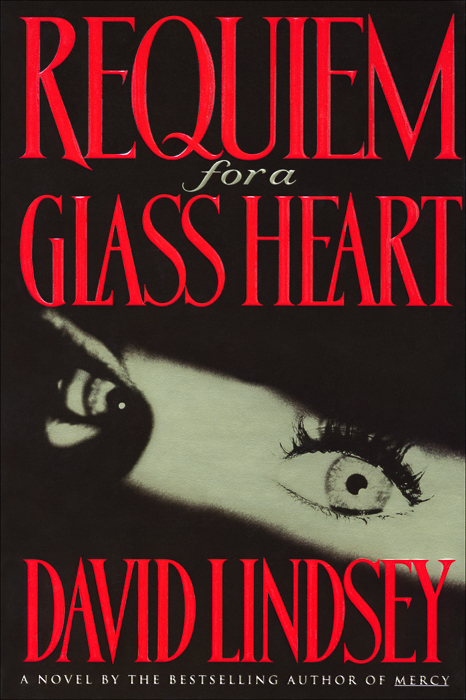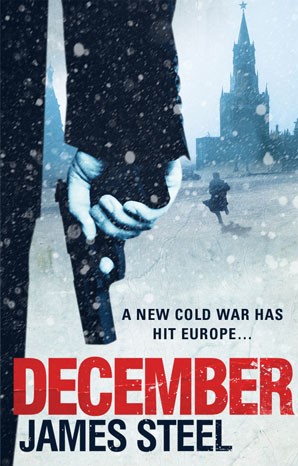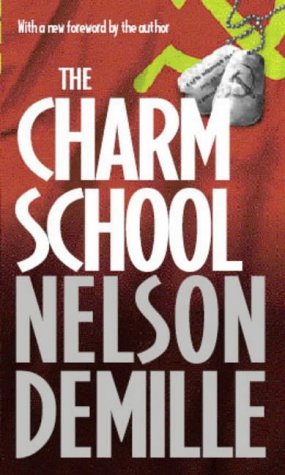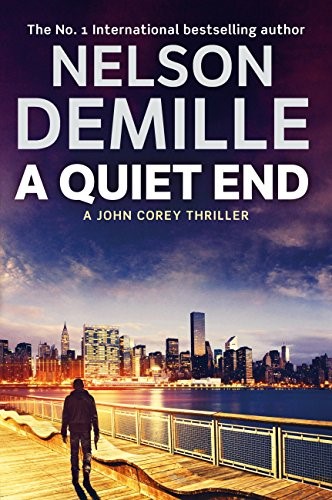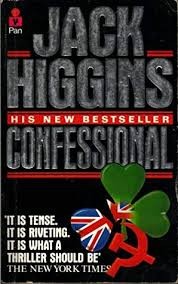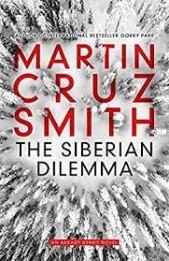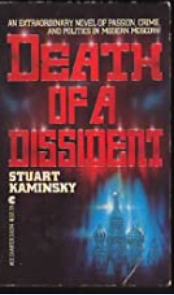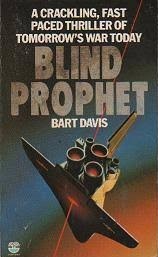
There is something fascinating about Soviet-related thrillers published in the 1980s, because we know the real life geopolitical plot outcome. That is, Mikhail Gorbachev came to power in 1985 and the Soviet Union collapsed in 1991. You cannot help but ‘read back’ into novels of that era, what we know to be the eventual outcome.
Blind Prophet is one of those novels that took me back to what got me into Russia in fiction in the first place. By the final pages I was speed-reading, not from boredom, but from the page-turning momentum of a terrifically plotted Cold War thriller, with all the key ingredients and more.
Continue reading